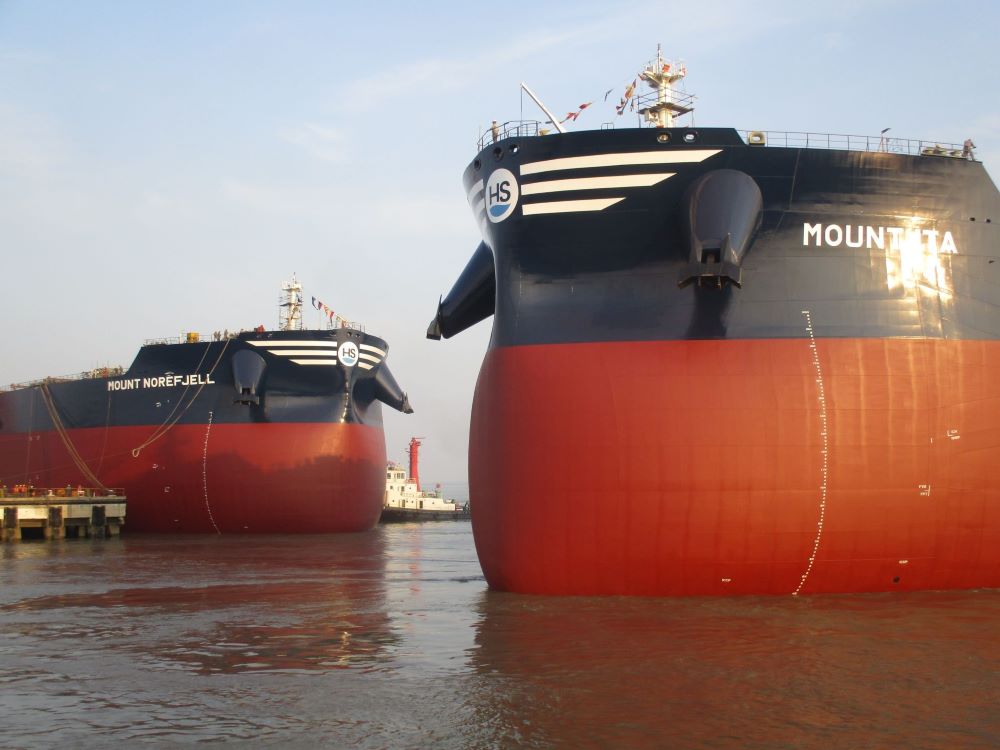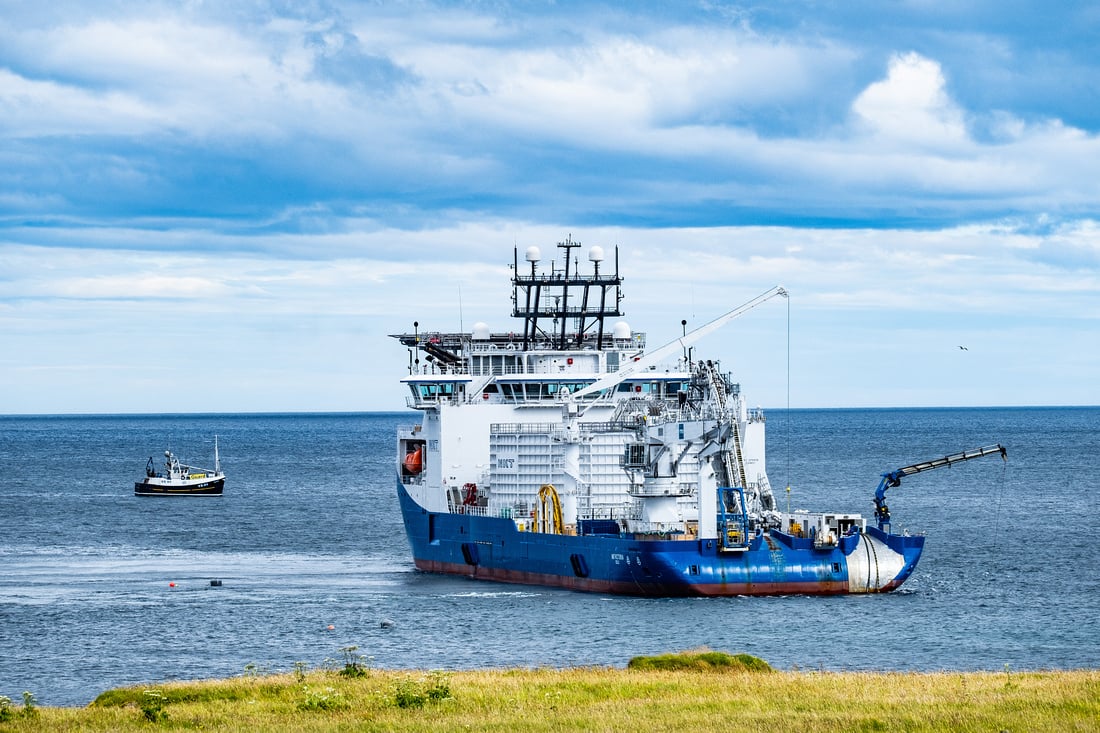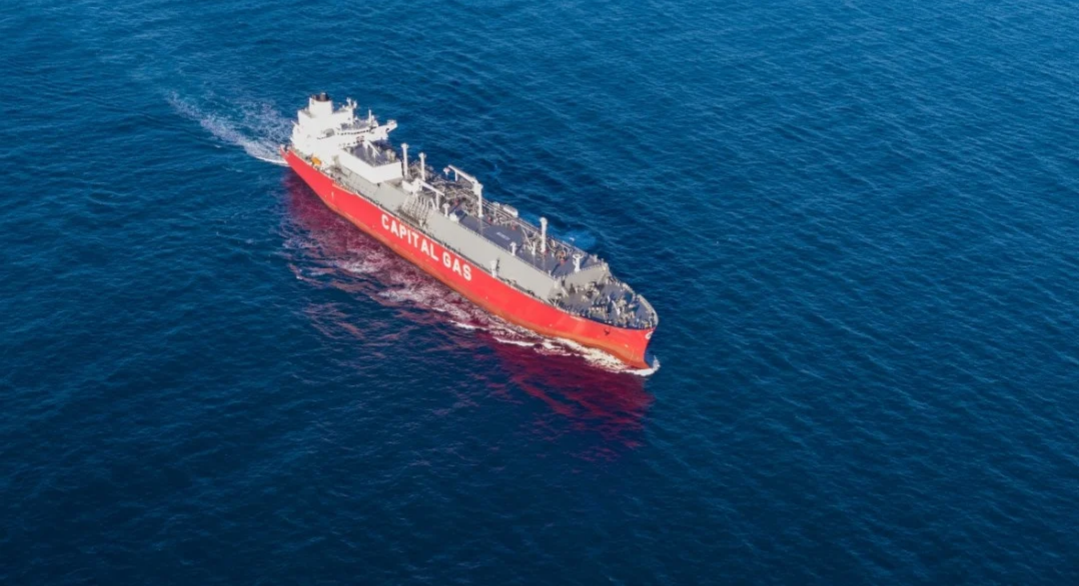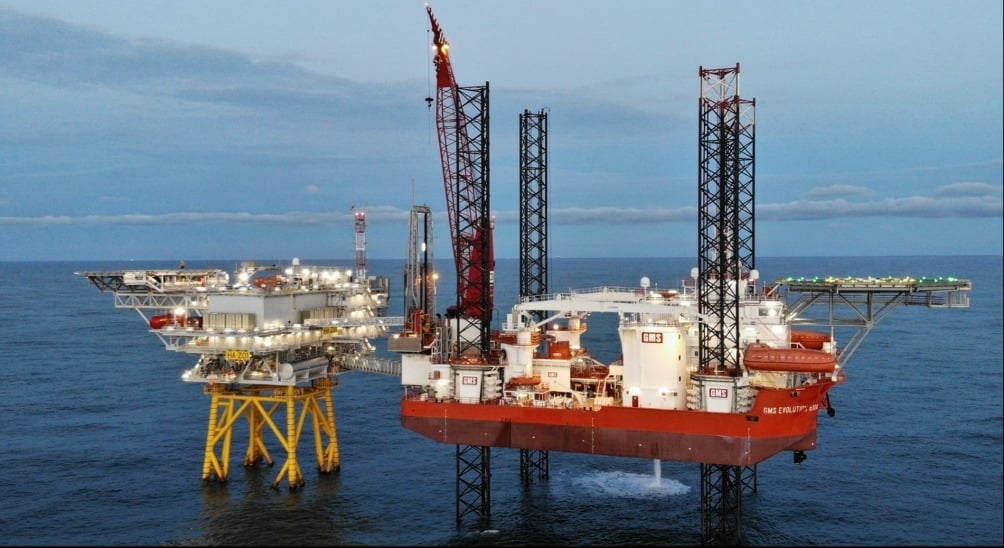欧洲船东调查:疫情过后绿色投资走向何方?
作者: 发布时间:2020年05月23日 浏览量:1287 字体大小: A+ A-
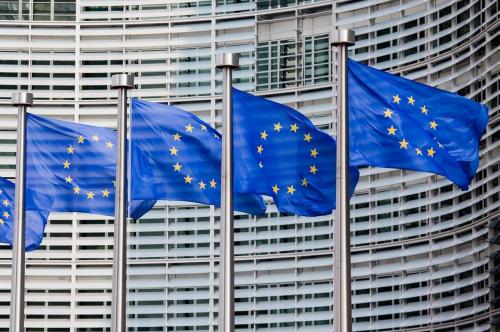
图片来自网络,版权属于原作者
来源:Offshore Energy 2020-05-19
翻译:国际海事信息网 黄子倩 张运鸿
针对欧洲航运公司的一项新调查显示,疫情过后,针对船舶温室气体减排方面的投资很可能不复存在。
欧洲共同体船东协会(European Community Shipowners’ Associations,简称ECSA)发布的一份调查报告展示了此次疫情给欧洲航运带来的巨大影响。
总的来说,欧洲航运业在2020年恢复回疫情前的水平已经无望。
44%的受访者都持有悲观态度,认为他们已经没有能力继续进行船队减排的投资。
另一方面,30%的受访者认为相关投资仍会继续,但投资规模会缩减。此外26%的人认为船舶减排方面的投资能够重回疫情前的水平。
ECSA指出:“航运业正致力于达到国际海事组织2050年的减排目标,自欧盟委员会成立以来,航运业在很大程度上帮助了欧洲成为全球第一个实现碳平衡的大陆。此次疫情对航运业是一个重大的打击。”
而在船队更新的投资上,超过一半的船东表示没有更新打算。只有11%的受访者认为相关投资会回到疫情爆发前的水平,37%的受访者认为相关投资会低于疫情前水平。
在企业招聘方面,超过一半的公司仍保持乐观,认为2020年的就业情况会恢复到疫前水平。
经济影响
除了油轮市场之外,其他航运领域普遍面临巨额的直接经济损失。
首当其冲的是渡轮、邮轮、汽车运输船(car carrier)、海洋工程船(offshore service vessels)。这些领域的营业额都锐减超过60%。而与之相反,油轮市场2020年3月的营业额有所增长。
受访者表示虽然疫情导致了直接的经济影响,但2020年下半年有望有所恢复。然而,全行业除油轮产业外均面临巨额亏损。
在受冲击最大的领域,海员被裁人数最多,岸上人员影响相对较小。调查报告显示,企业可以利用国家政策来保护岸上人员的权益,但欧洲各国针对海员的保护政策却只适用于本国海员,外国国籍的海员被排除在外。
ECSA表示:“报告反应出一个引人担忧的结果,那就是国家、地区和地方缺少资产流动性(liquidity issue)的相关措施,即便有,也不适用于航运业。”
“在有相关措施的国家或地区,银行也不能提供实际上的帮助;当他们采取相关措施时,行政负担和成本也远超收益。”
ECSA补充说:“受影响最严重,也最需要财政援助的领域恰恰接收不到这些补助。这种趋势令人担忧。”
如何补救?
调查报告发现,不同领域需要不同的解决方法。一言以蔽之,欧盟和各欧洲国家都需要向困境中的航运企业伸出援手。
近八成的受访者认为解决船员换班问题是当务之急,接下来是财政援助问题、海员证书的有效期问题、船舶证书的有效期问题,最后是企业招聘的政府资助问题。
在财政资助上,航运业最急需的是贷款融资方面的资助。
接着是船舶减排的政府补助问题、办公人员/海员的滞留、换班问题。排在最后的是船队更新相关投资的补助问题。
(本文版权归国际海事信息网所有,图片版权归原作者,转载请注明出处。)
European shipowners: Investments in making fleet greener will no longer be possible after COVID-19
Investments in the reduction of air emissions from ships would no longer be possible in a post coronavirus world, European shipping companies said in a new survey.
The survey report, published by the European Community Shipowners’ Associations (ECSA), shows severe economic impacts of the pandemic on European shipping.
In general, the European shipping industry does not expect a return to the pre-crisis level of activity in the course of 2020.
In line with this sentiment, 44 per cent of respondents believe they will no longer be able to invest in greening their fleet.
On the other hand, 30 per cent of respondents think it would still happen but to a lesser extent, while 26 per cent expect the investments in the reduction of air emissions to return to the same extent as planned prior to COVID-19.
“This is a major setback for the industry, which is fully aligned with the IMO’s 2050 CO2 reduction targets, and has since the new European Commission took office been supportive of the EU’s ambition to be the world’s first carbon-neutral continent,” ECSA pointed out.
When it comes to investments in fleet renewal, more than half shipowners will not be renewing their fleet. Only 11 per cent of respondents think such investments would return as planned prior to COVID-19, while 37 per cent anticipate that these would be made but to a lesser extent.
With regard to employment, more than half of companies maintain a positive outlook on returning to pre-crisis level of employment in 2020.
Economic impact
With the exception of the tanker segment, the overall shipping industry is facing significant immediate losses.
The worst-hit segments are ferries, cruises, car carriers and offshore service vessels. The turnover decrease reached higher than 60 per cent. On the other end of the spectrum, tankers saw an increase in their turnover in March 2020.
Respondents signalled that some recovery is expected in the rest of the year compared to the immediate economic impact, however turnover losses remain significant throughout the industry – except for the tanker sector.
The employment of seafarers and office personnel follows very similar patterns with a sharp decrease of seafarers in the most impacted segments and less so for office personnel. While companies are able to tap into national schemes for their onshore staff, the national schemes for seafarers apply only to nationals, leaving out other nationalities, according to the report.
“One of the less reassuring results that emerged from the report is the lack of national, regional or local measures put in place against liquidity issues or that these are not applicable to the shipping industry,” ECSA said.
“In the case where measures exist, banks do not offer those options in practice; and when they do, the administrative burden and costs outperform the benefits.”
A worrying trend is that the hardest-hit segments most in need of financial assistance are the ones not receiving them, the association added.
Which support measures are urgently needed by the industry?
The survey found that different segments need different types of support. In general, EU and national supports are equally sought by shipping companies.
Nearly 80 per cent of respondents highlighted crew changes as the most urgent issue that needs support, followed by financial issues, then by the validity of certificates of seafarers, and of ships, followed lastly by the support on employment.
In terms of financial support, the shipping industry prioritizes the support to refinance its loans portfolio.
This is closely followed by the support for the greening of the fleet and the retention or return of personnel/seafarers. The support for the investment in fleet renewal is ranked last.
来源:simic
今日要闻
图片新闻
海外传真
热点报道



